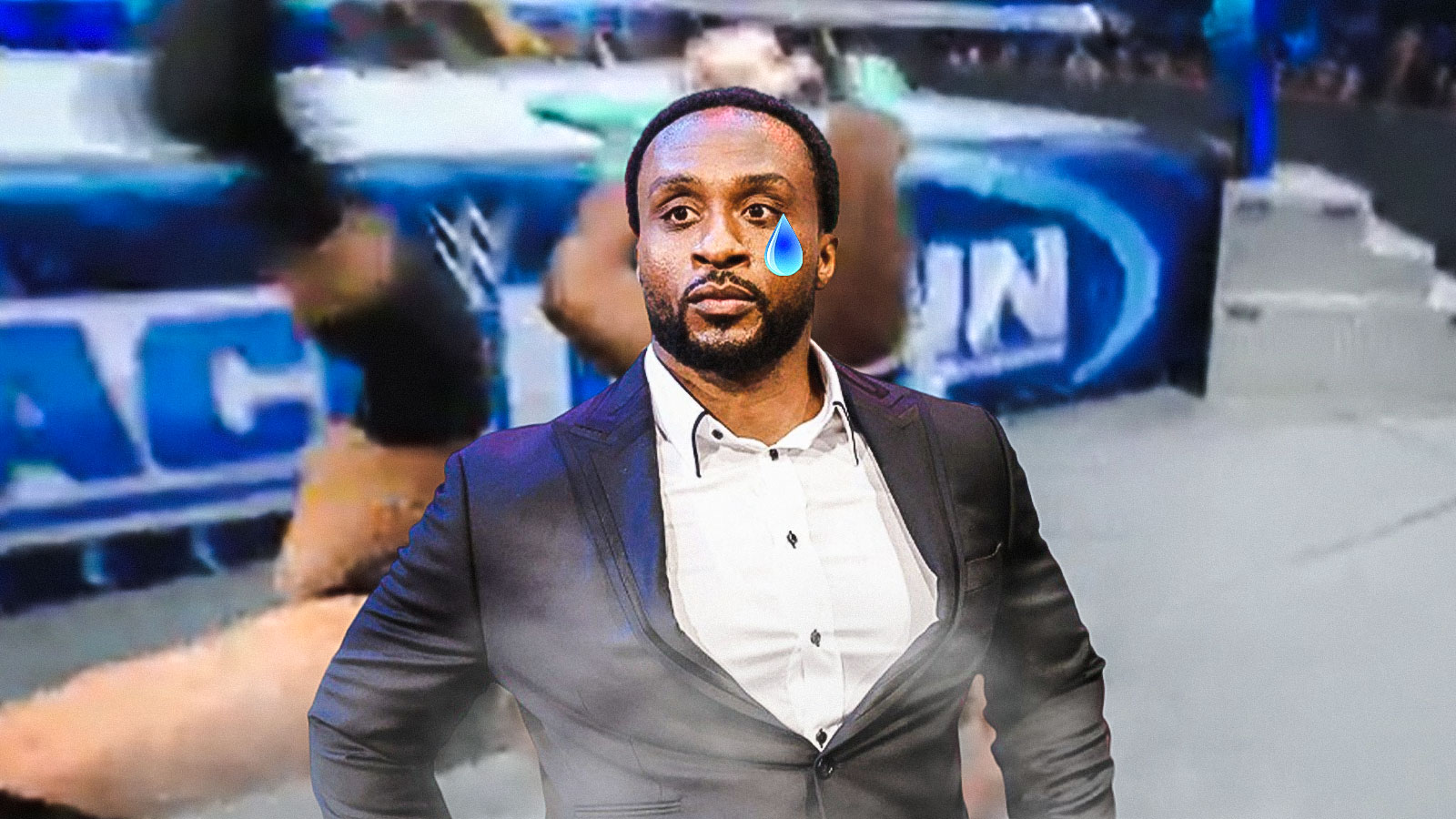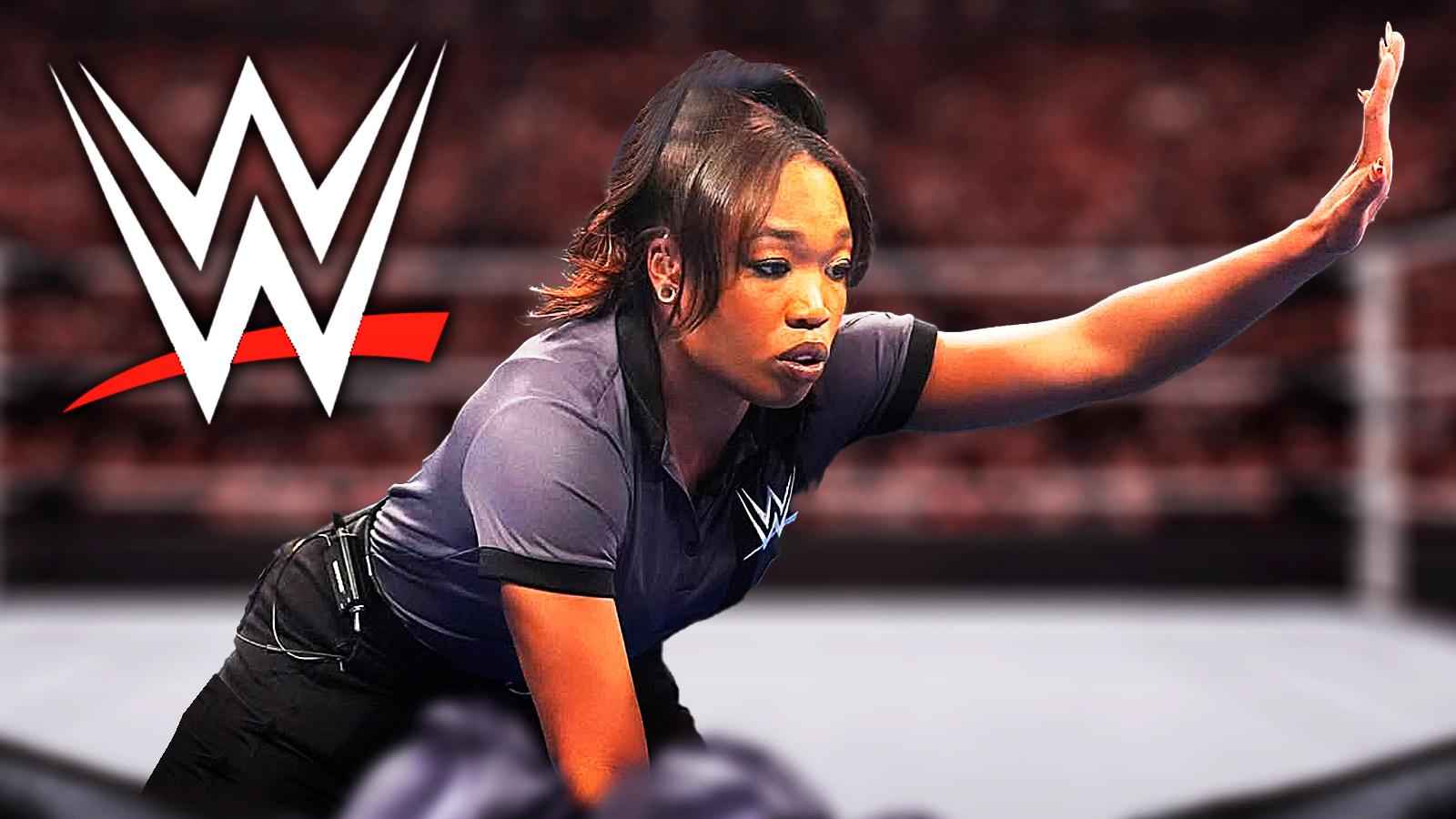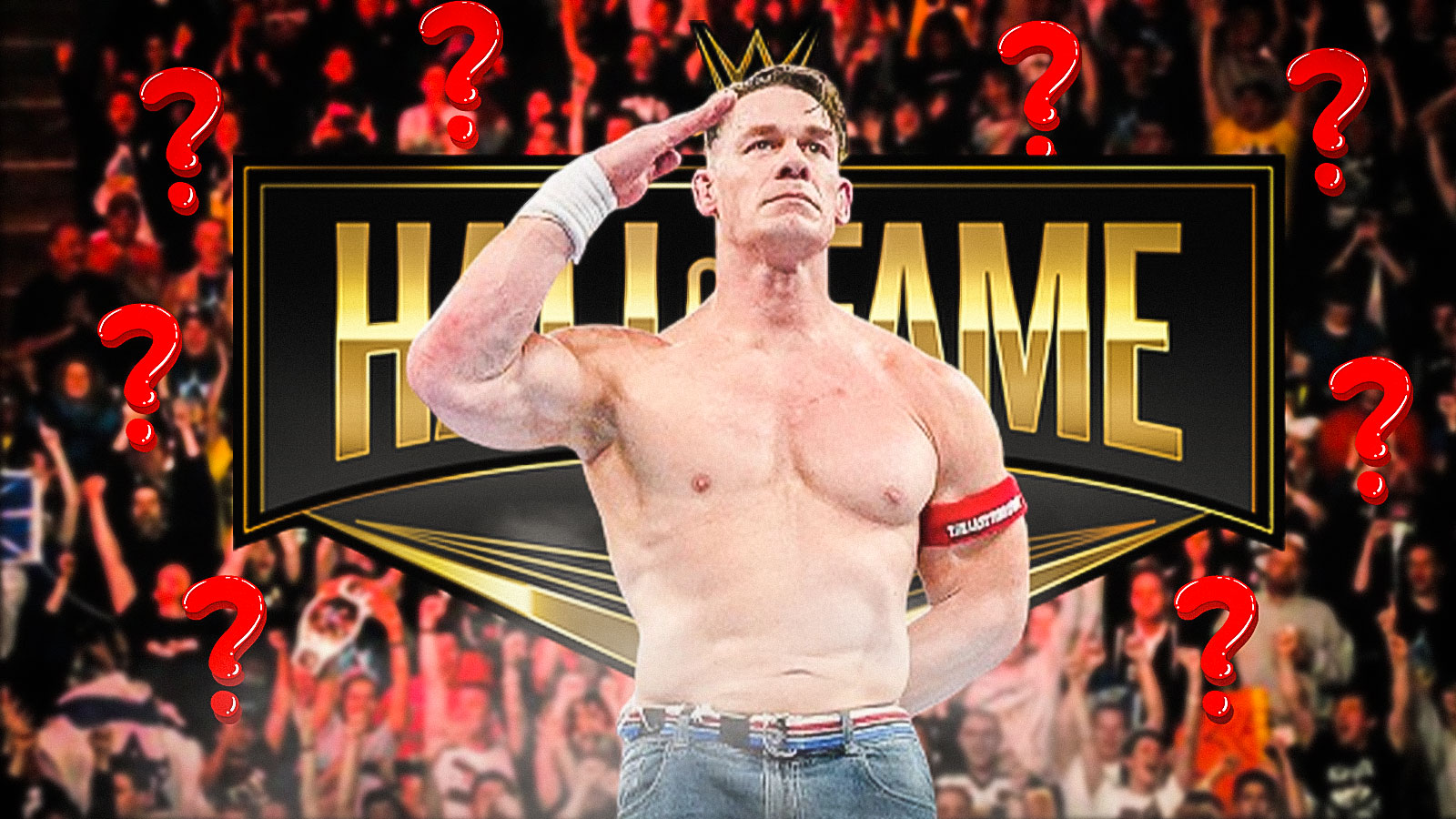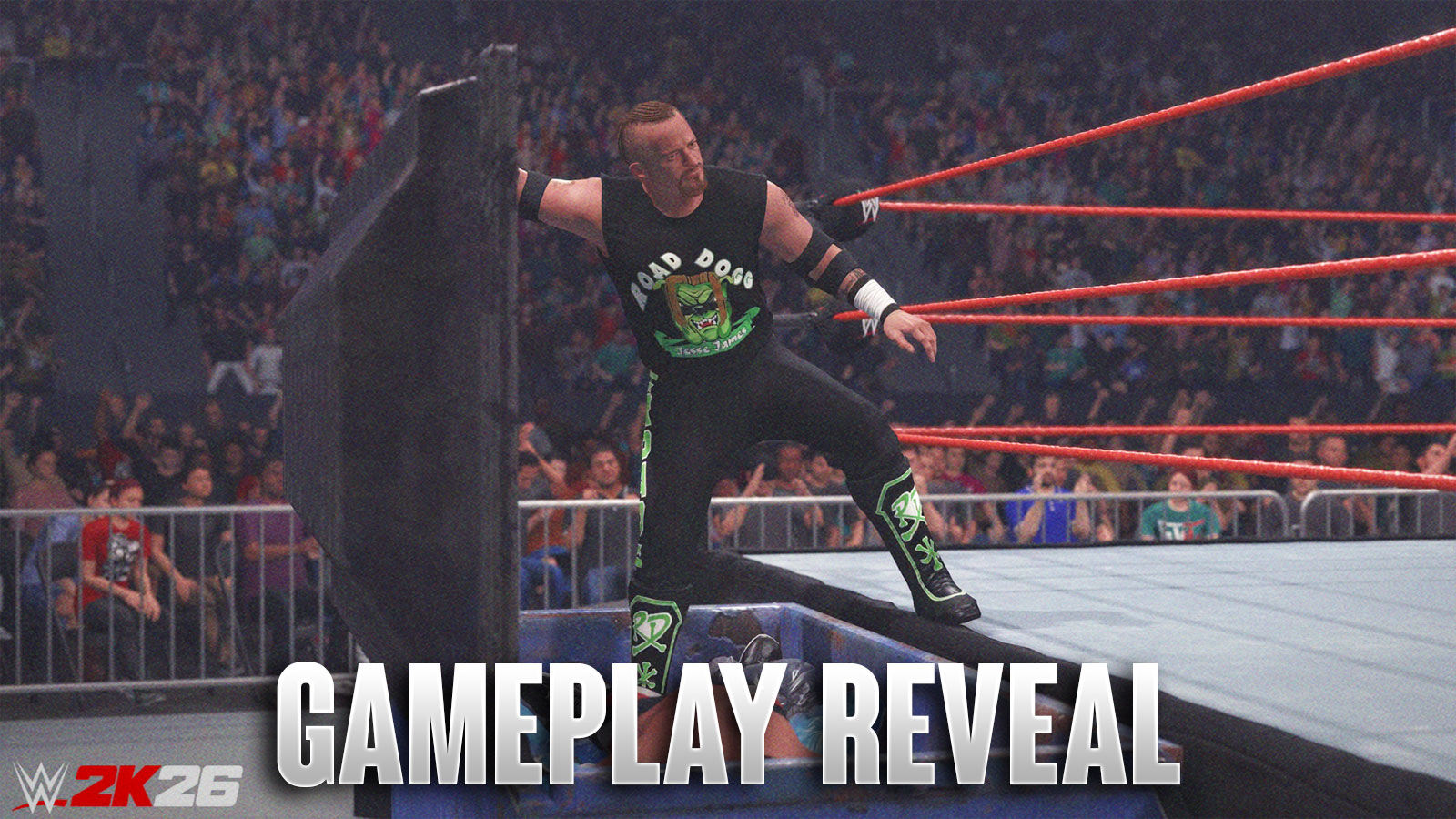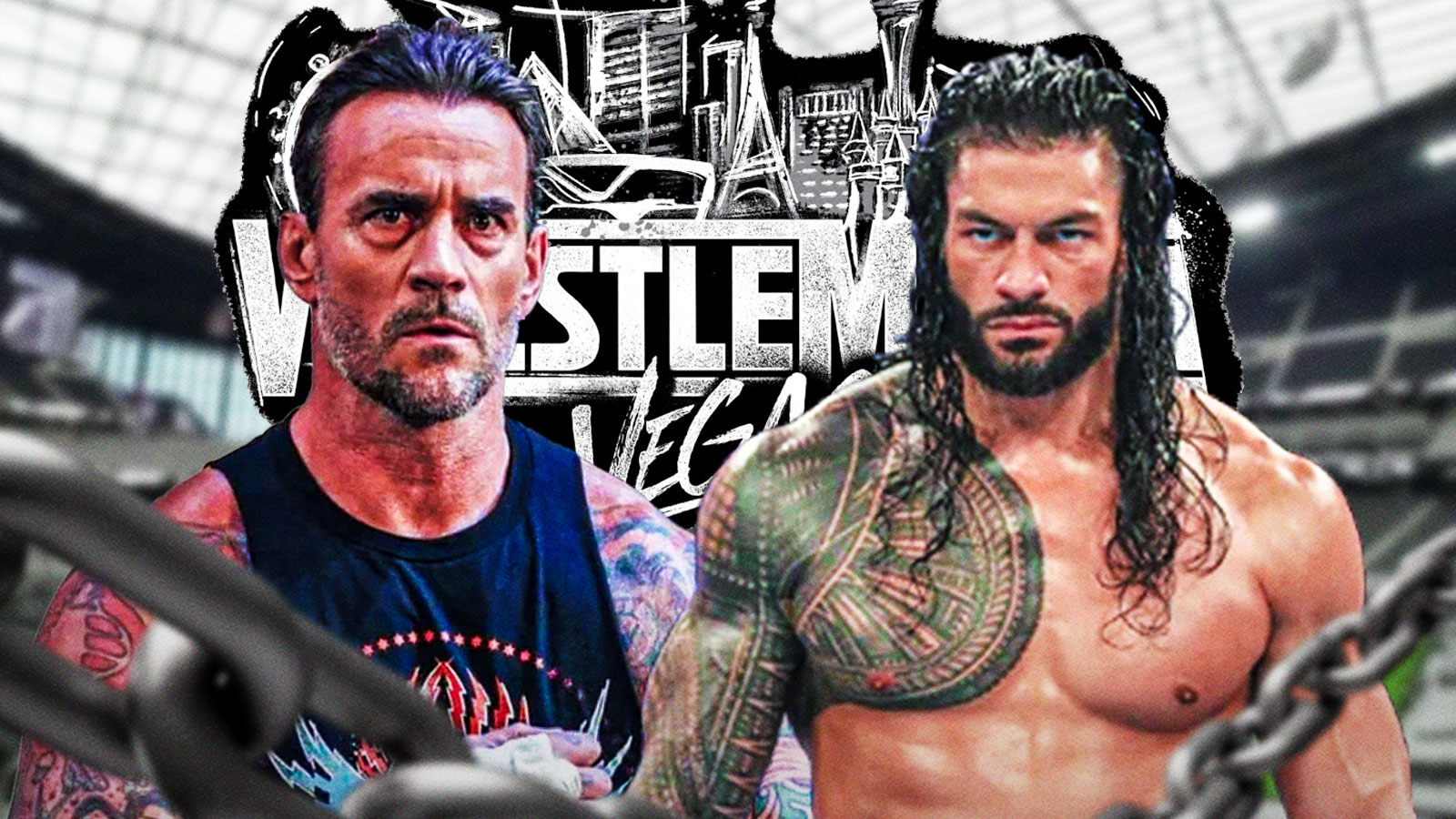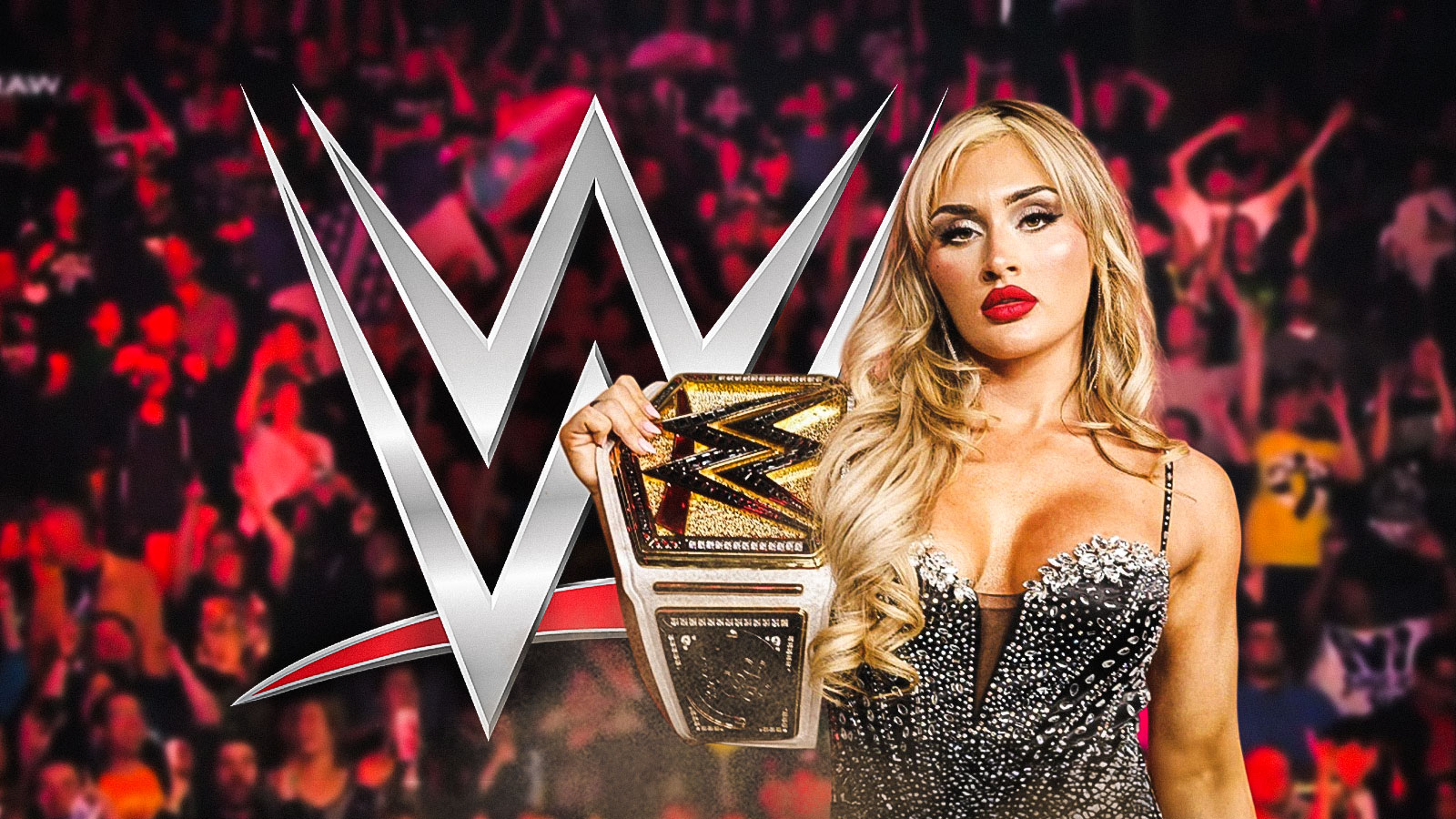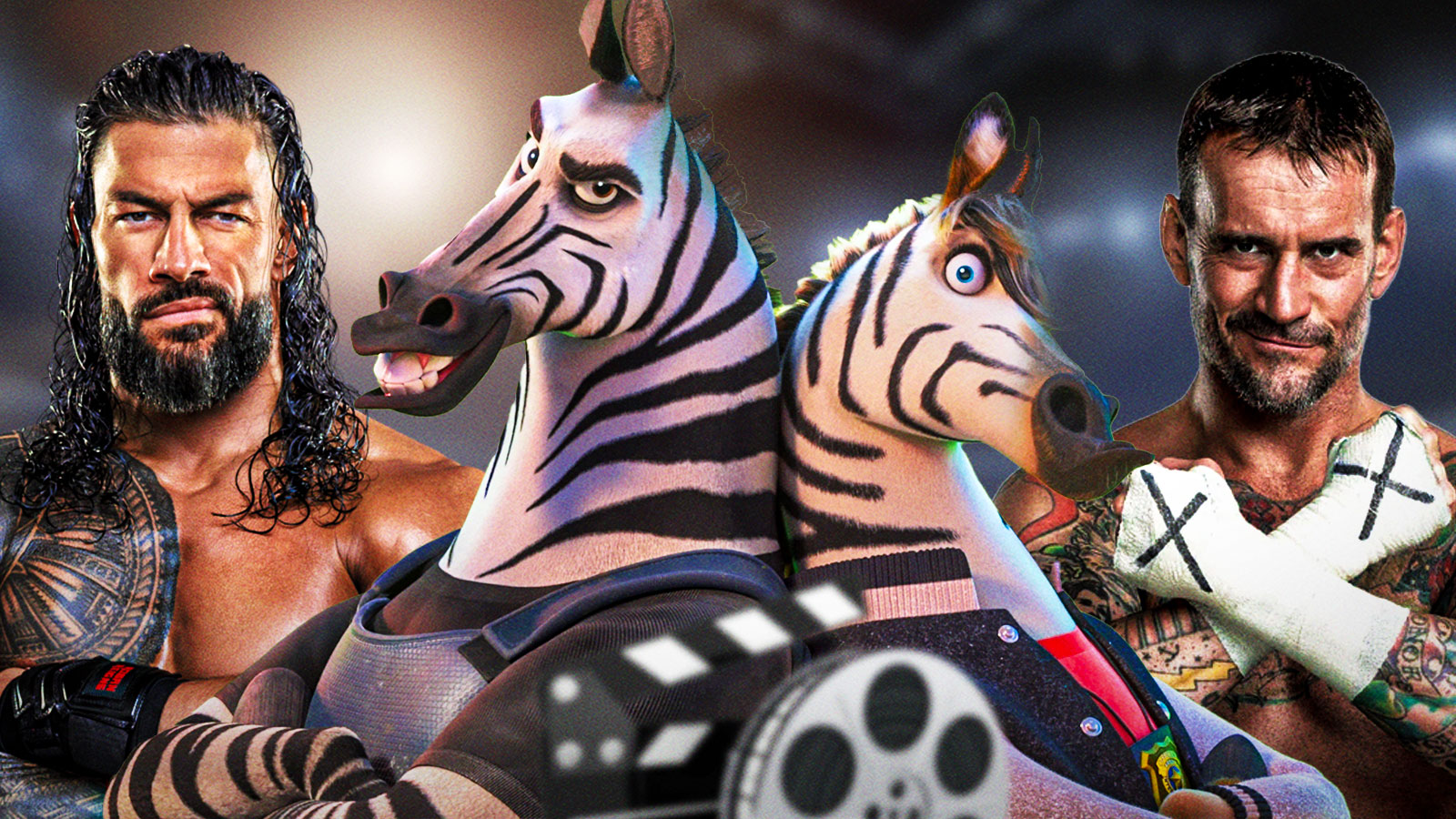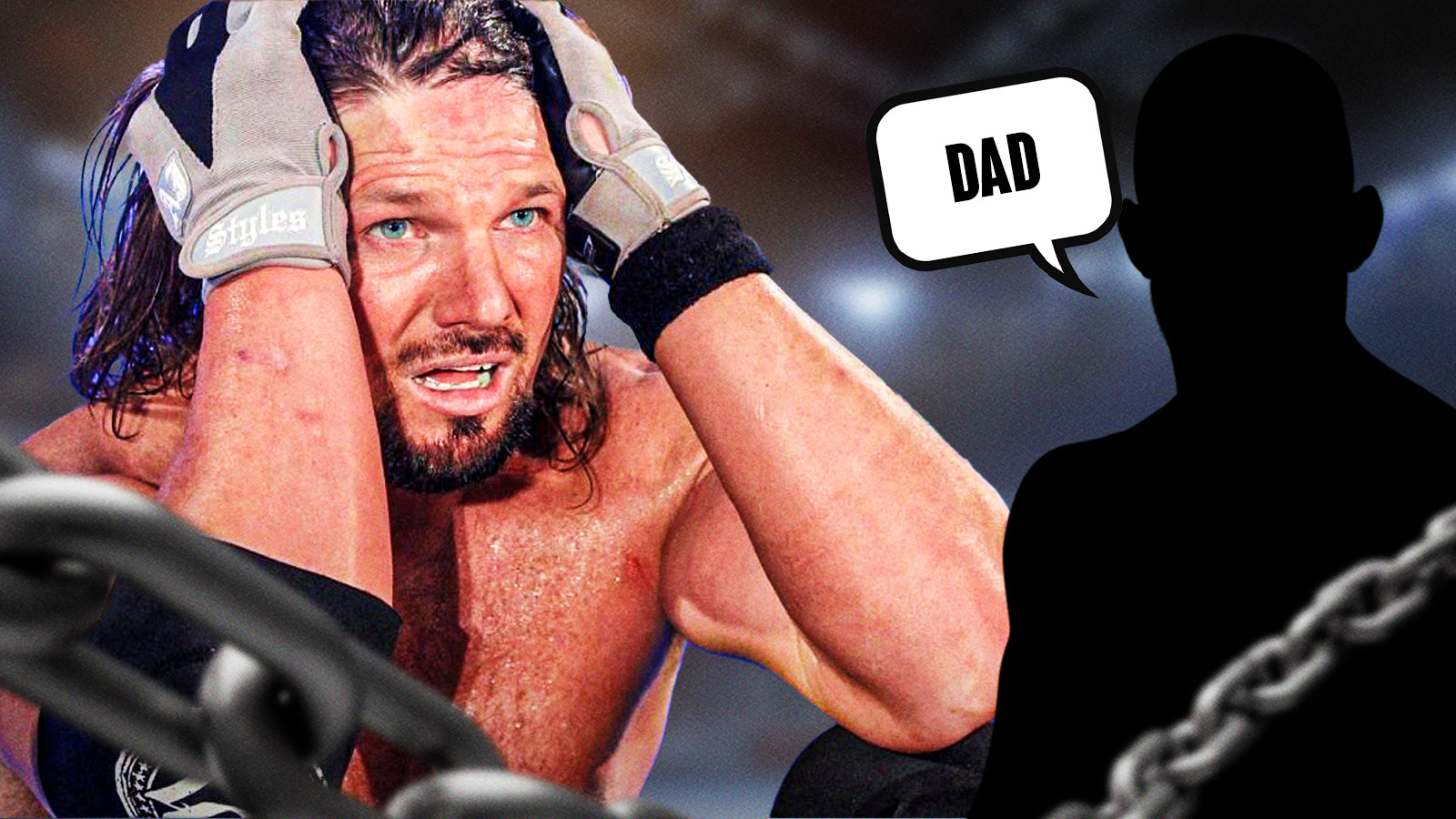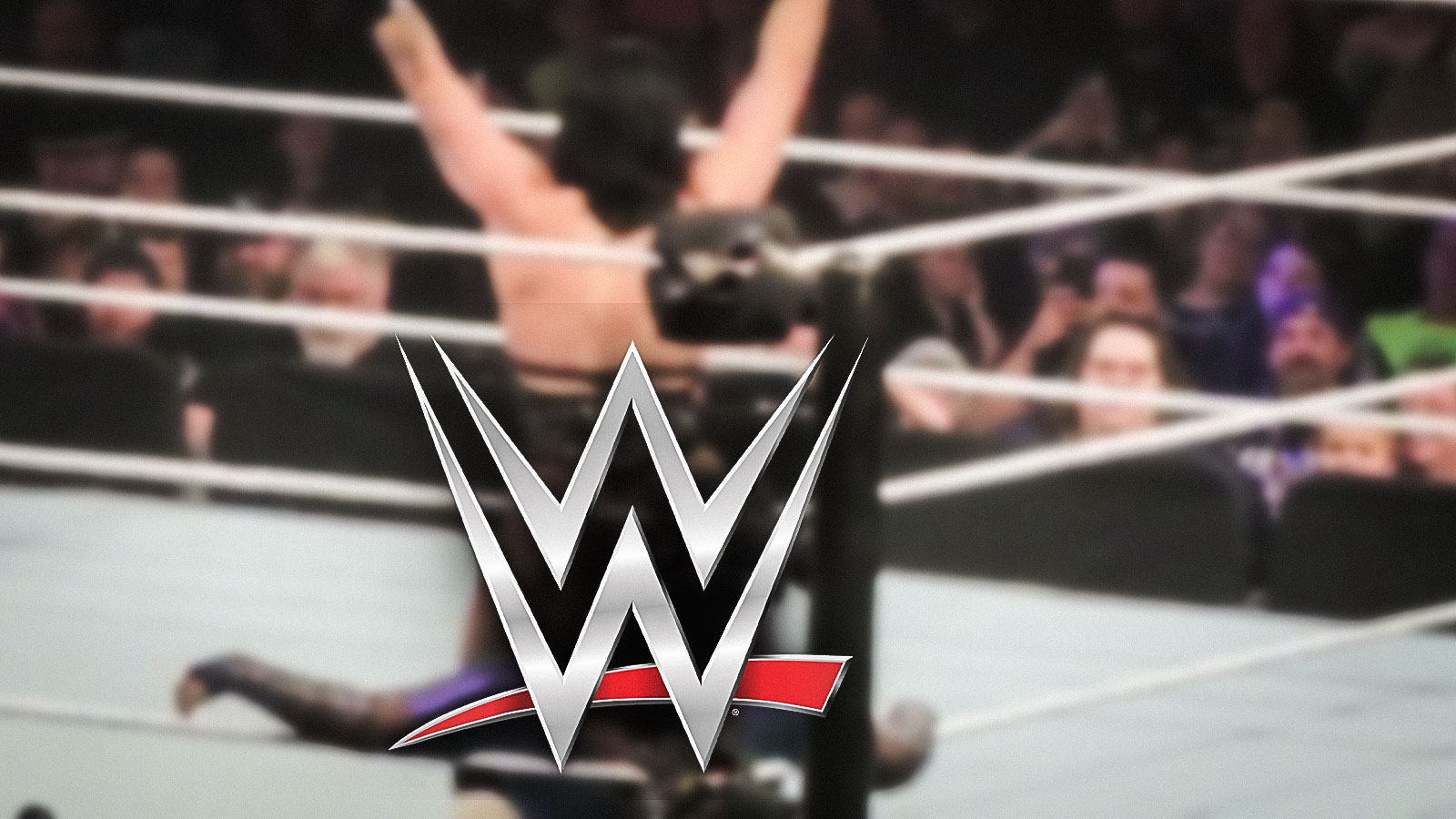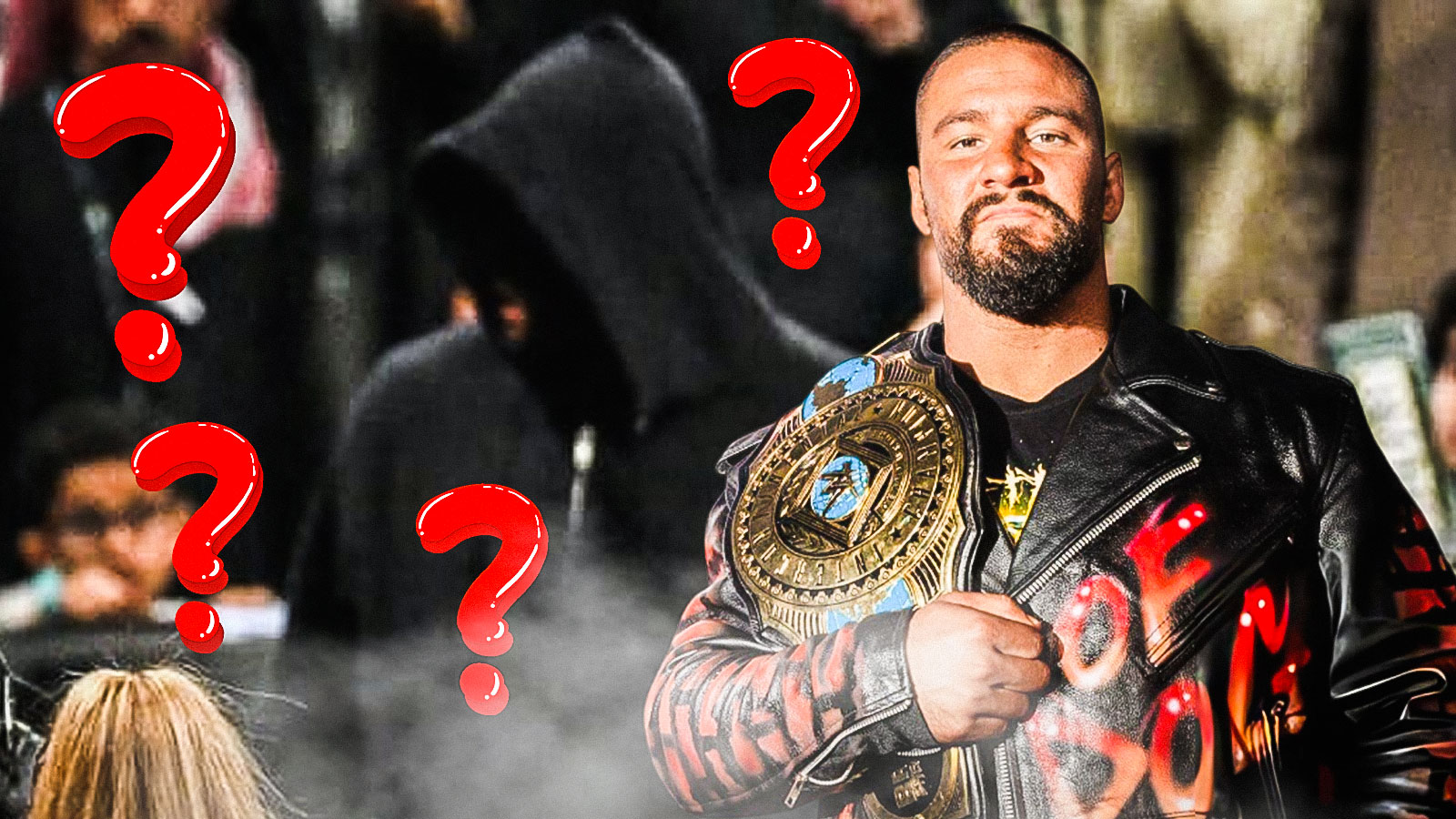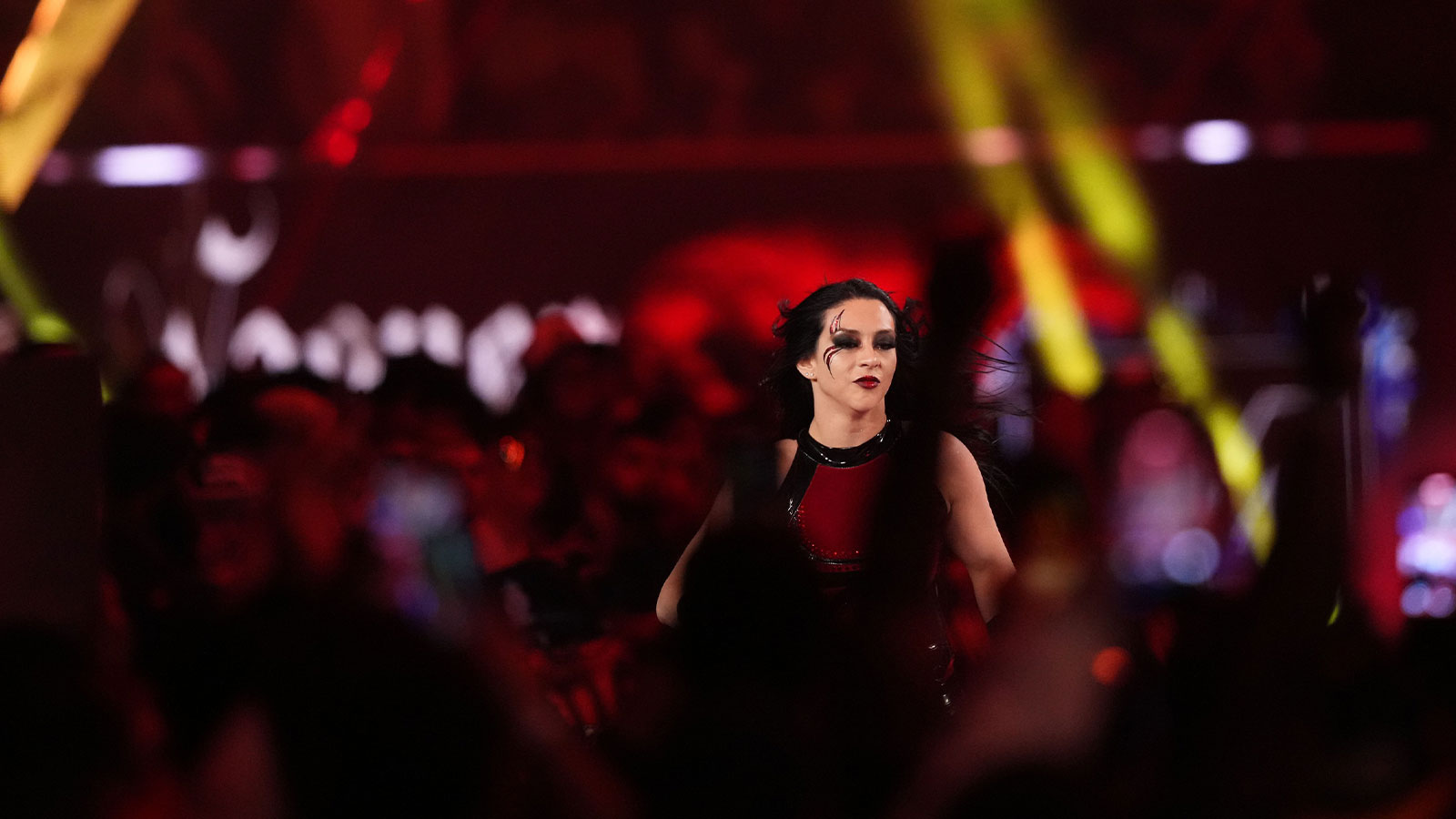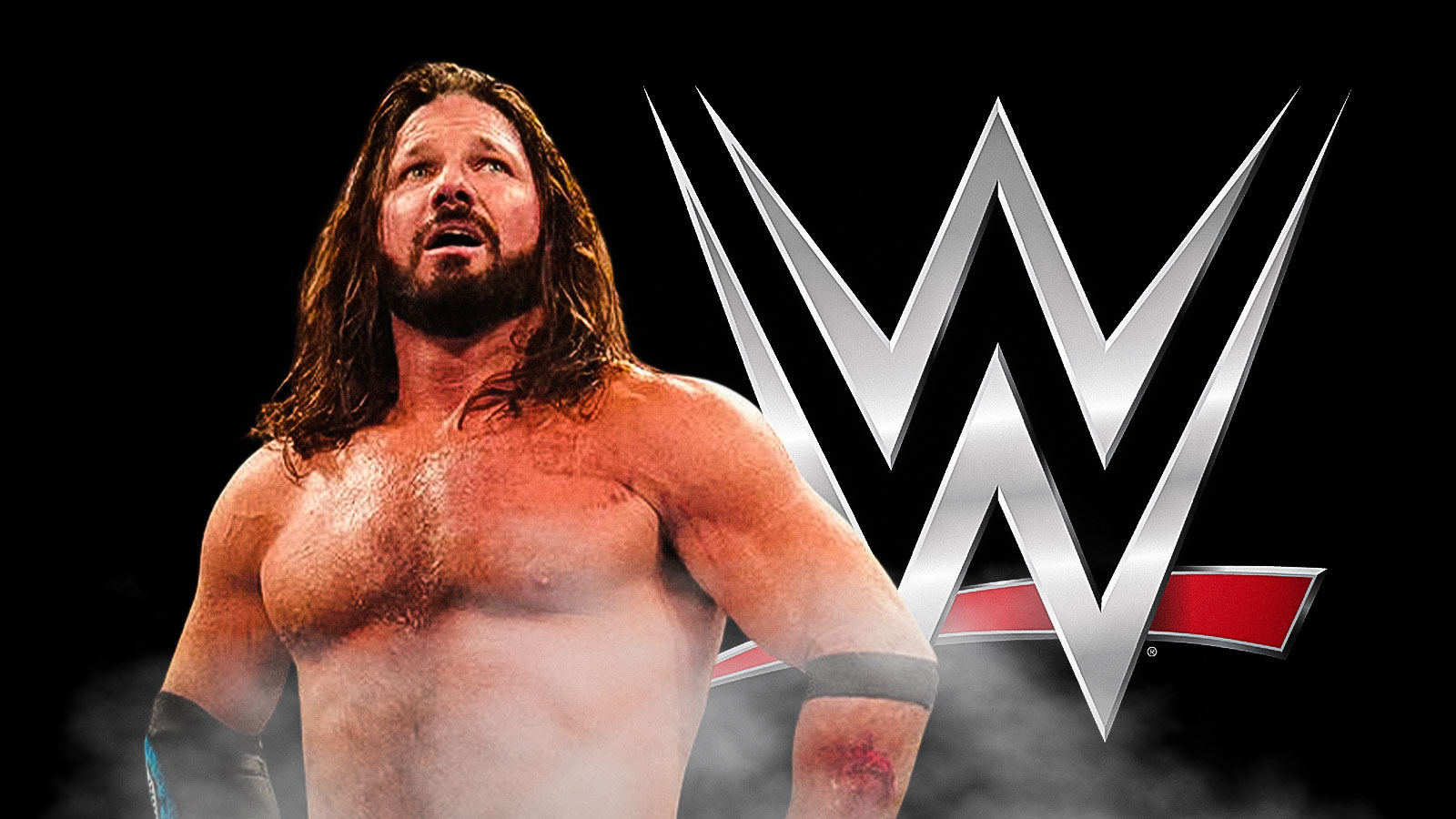When news broke that Malcolm Bivens had turned down a full-time, main event roster with WWE in order to become a free agent and eventually show up on AEW Dynamite as the character he built up on the indies, Stokely Hathaway, it drew confused reactions from around the professional wrestling sphere. Say what you will about Hathaway's run in NXT overall, about his time with The Diamond Mine, and about his run in AEW since, which reportedly should have included a longer run with CM Punk if he was “still with the company” but the manager certainly knows how to talk with a microphone in front of him and has the potential to get an act over or make them loathed by the audience, depending on the specific requirements of his role.
Unfortunately, the pressure Hathaway felt in NXT, and WWE as a whole, wasn't something he was comfortable with, and actually drew him into a downward spiral, as he detailed to Renee Paquette on her The Sessions podcast, as transcribed by Fightful.
“For me, there was a lot of pressure, I always feel there is a lot of pressure because I feel, as a black talent, I get judged more harshly than other people,” Hathaway said. “I feel everything I do is analyzed or over analyzed. Everyone gets a critique, but I feel mine is at a different level. I'm also incredibly hard on myself. I had to realize, it's wrestling. it's just wrestling. This isn't a live or die situation. It was just dealing with that. I regret leaning into the funny thing because I'm very introverted and closed off. I have this small circle of people I trust and I should probably utilize that.”
Goodness, that certainly doesn't sound good; despite being a strong presence on television and having the potential to be one of the top talkers on either RAW or SmackDown, if Hathaway really wasn't a fan of how things were going in WWE, taking the show on the proverbial road full-time would have only worsened his issues, not made them better.
Todays Sessions episode is all about @StokelyHathaway. This is a very personal interview and I hope fans and co-workers can both learn more about Stokely. Give us a listen today ❤️ pic.twitter.com/YIkFnZQJ5B
— Renee Paquette (@ReneePaquette) November 29, 2022
Stokley Hathaway details his mental health struggles after leaving WWE.
Elsewhere in his interview with Paquette, Hathaway explained how he struggled with mental illness after his time in WWE came to an end, and frankly, it's a harrowing tale.
“It's really interesting because I think a lot of people looked at me as if I was the bad guy,” Hathaway said. “I kind of get it, I do get it because I'm sure there are plenty of people who would kill to be in the position I was in. At the time, I just couldn't do it. I never really said why. I did a comedy show and alluded to it, but the wrong message came across from that show. To be completely honest, in February, I woke up one day and felt miserable. I felt, the right way would be ‘crazy,' like I didn't know where I was or what was going on. It kind of went away and kept increasing to the point where it was debilitating. I voluntarily committed myself. It was on a Friday and I got out on Sunday. It was a very interesting experience. In Florida, it's like prison for the mentally ill. When I went in, I had no idea what I was in for. I was in kind of a cell, no real sheets, a metal frame that you laid on, the sink was one of those sinks that was rigged to motion detection. A little thing of soap and toothpaste. It was literally, couldn't go into your room until 8 – 9 pm, then wake up at 6 am. Walk the floors that was it. You walk to kill time. It was three days of that. After, I was like, ‘Maybe I'm not as crazy as I thought.”
“It was trying to just manage everything. I do regret leaning into the being funny thing. It's hard for people to take you seriously. Who am I to say, ‘I feel this way, I feel that way,' I don't think there was really anyone to listen or that I could talk to. Then with social media, it's hard to take people seriously. I don't want to say it's a ‘thing' to use mental health as a crutch, but I felt no one would believe me if I said I feel this way or that way. At that time, I didn't tell anybody. I wasn't on my phone because they take your phone away. I had minor communication. At one point, I had to fight to have my phone. I have a dog and he was at the dog sitters. I had to check in and we arranged it to where I could get my phone for a few minutes. After, I told people close to me that I could trust. Obviously, it worked because it didn't get out.”
For Hathaway's sake, let's hope he's doing better in AEW than he was at the end of his WWE run, as the scenario he detailed to Paquette sounds truly horrible. If he can return to the ring following the loss of his angle with Punk and settle on a new, long-term foe, the future is ripe for a huge Hathaway run. And hey, even if he isn't, his The Firm-Matt Hardy angle on AEW Dark is being lauded as one of the promotion's best angles, even if it's largely being played out on YouTube.
Tonight's AEW Dark actually ended with a backstage segment.
This Private Party and Matt Hardy storyline with Ethan Page has been developing pretty well these past few weeks.pic.twitter.com/rHzo3RcqZB
— Drainmaker 🌧️ 💵 (@DrainBamager) November 30, 2022









